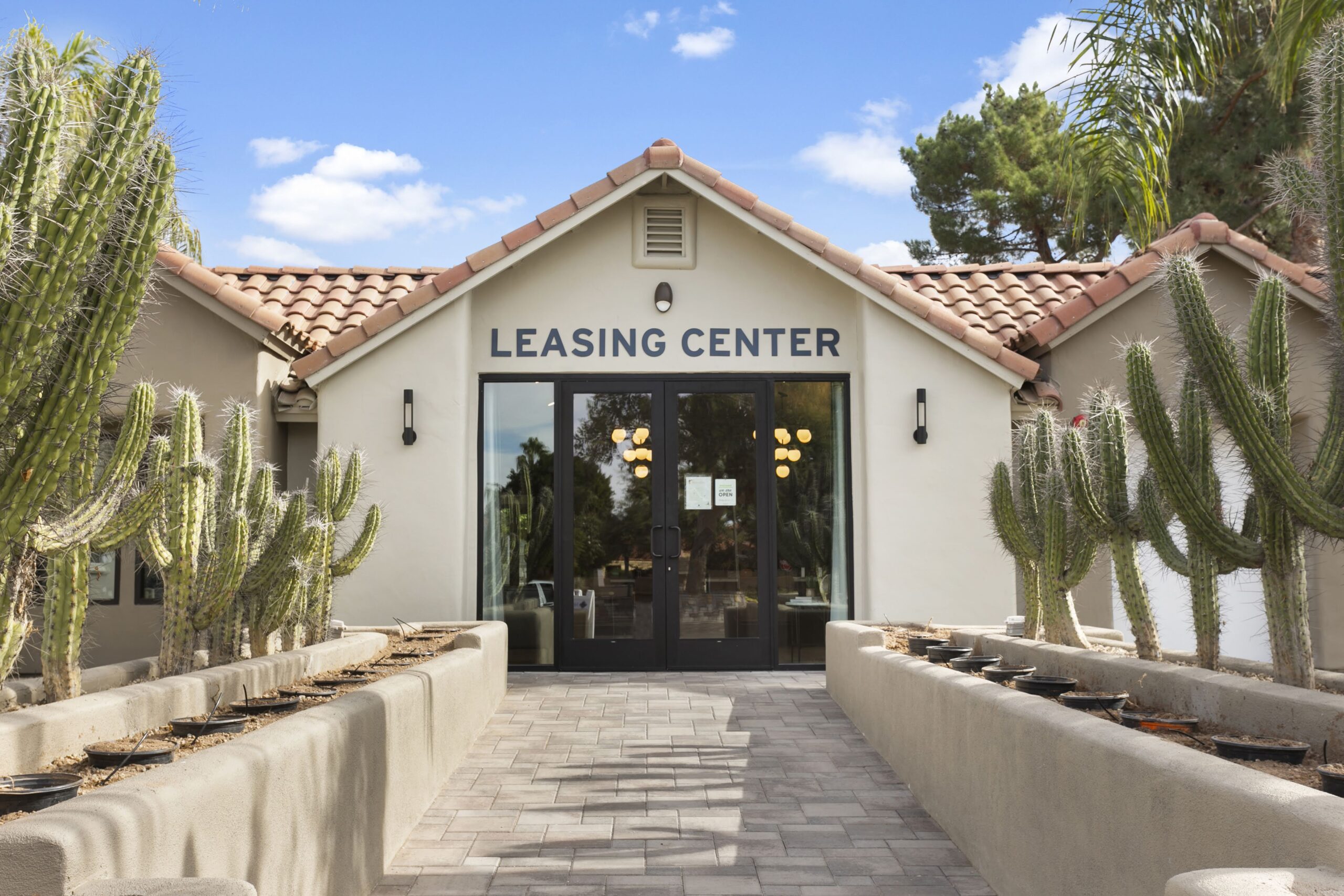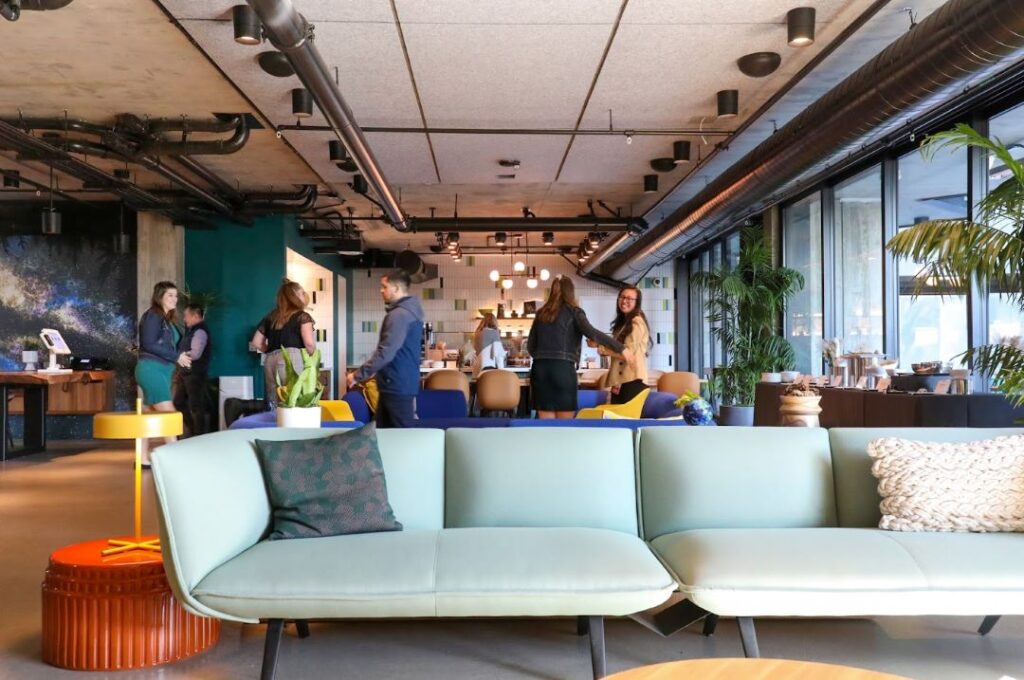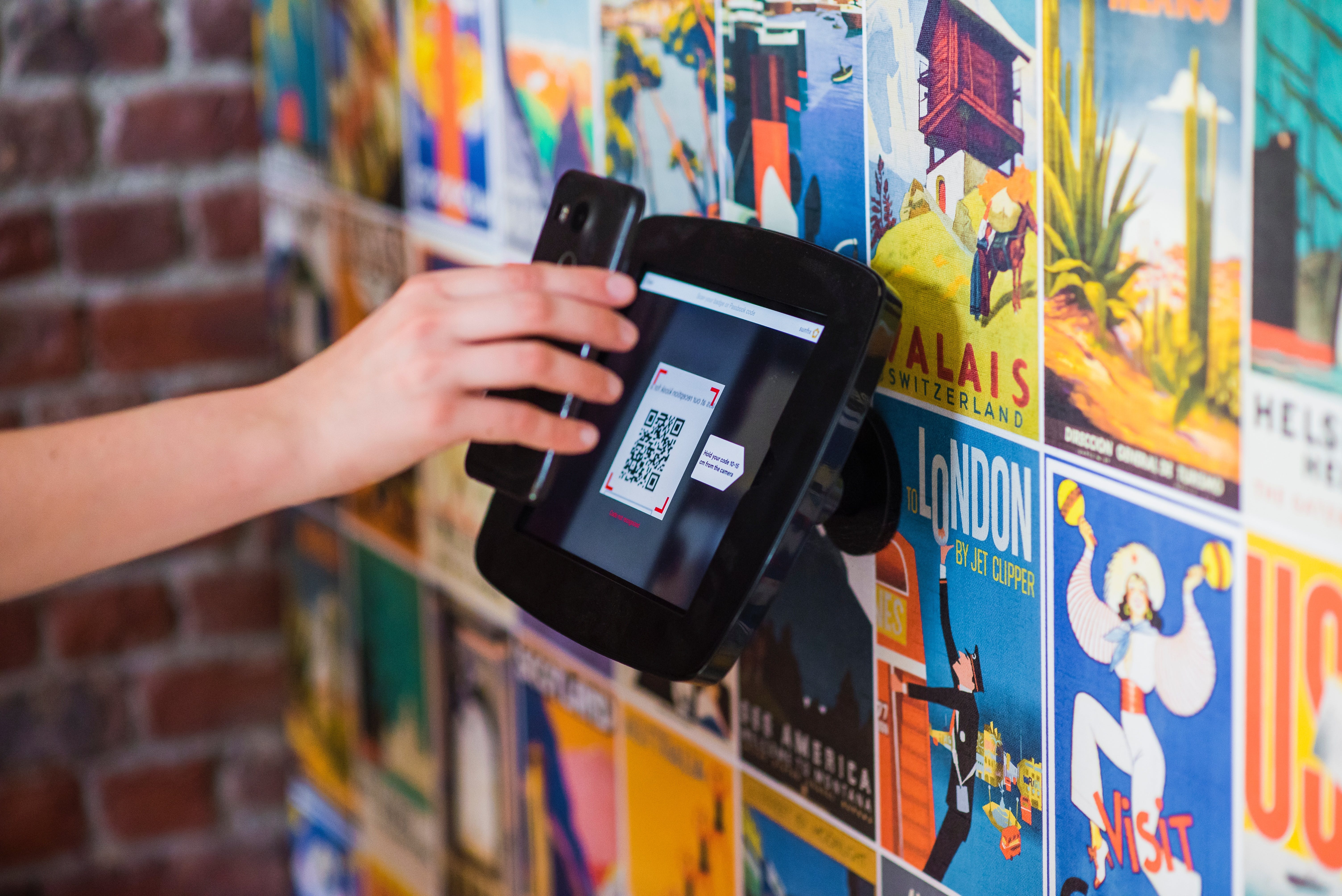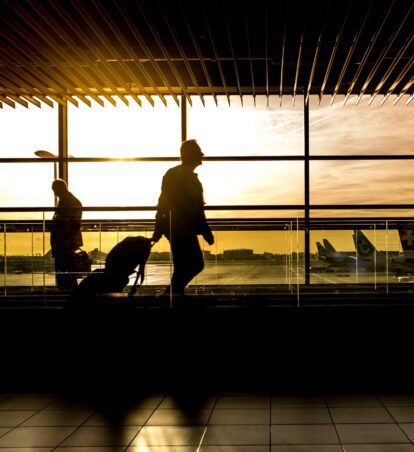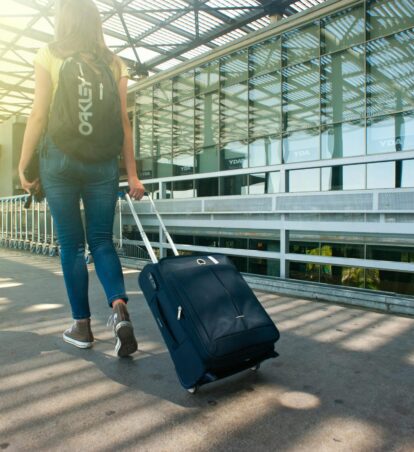Smart Strategies for Cost-Effective Corporate Housing
Employee experience remains a key indicator of a successful mobility program. However, budgets are unlikely to grow in proportion to rising costs and a steady or increasing volume of relocations. So, how can you achieve more with less in your corporate housing program? By making strategic decisions in your temporary living policy, you can maximize your existing budget without compromising on the essential elements.
Determine What’s Important
No two relocation or business travel programs are exactly alike. Your business priorities, employee needs, key locations, timelines and countless other factors make your combined requirements unique. Therefore, it’s essential to prioritize what matters most to you.

Start with your primary locations. Where do you need your employees to be? What is the volume of relocations in these areas? Is it seasonal? Do you have central hubs, or do you require small groups of employees in a multitude of locations?
Next, consider your offices, project sites, or client locations. What’s available in these areas? Is there sufficient public transportation, ensuring easy and safe access for your employees, or is the infrastructure more variable? Do you provide company-run transportation and what distance will it cover? Is the area safe? Is there ample fully furnished rental accommodations, or is the corporate rental market limited?
Think about your employees’ needs. What is non-negotiable for them? What specific access requirements do individuals have? What healthcare services must be easily accessible? What amenities are necessary in their accommodation or nearby?
Implement Small Changes for Big Impact
Once you’ve identified your needs, consider making simple adjustments that can reduce costs or add value in the short term while still meeting essential requirements. Here are some ideas:
Expand your location search: Consider exploring less busy areas or those slightly further from the city center. With safe and effective transportation, a slightly longer commute can often offer better value for the money.

Evaluate provided facilities: Assess whether you are paying for amenities that you already offer. For instance, if you have an onsite gym, selecting properties without these facilities can stretch your budget further.
Optimize hotel tax requirements: Make sure you’re taking full advantage of hotel tax regulations. Taxes like hotel tax, lodging tax, or the Transient Occupancy Tax in California apply to short-term stays and are not limited to the USA. These taxes are usually triggered by stays under a certain duration. If your employees typically stay for at least a month, extending their stay by a day or two might help avoid these taxes. The cost of the extra days could be lower than the tax on a shorter stay.
Consider a Strategic Shift
Implementing significant changes to your corporate housing policy might require an initial investment, but projecting long-term costs can yield substantial benefits. For instance, turnkey leases, which are long-term leases allowing multiple stays throughout the term, may involve a higher upfront cost. However, if you anticipate consistent occupancy, this approach can lead to significant savings and the opportunity to secure more favorable lease terms typical of longer contracts.
Additionally, consider block bookings when you need a large number of properties over an extended period. This strategy can offer advantages such as better lease terms, reduced costs, and guaranteed availability, making it a cost-effective solution for meeting your corporate housing needs.
Leverage Your Corporate Housing Partner
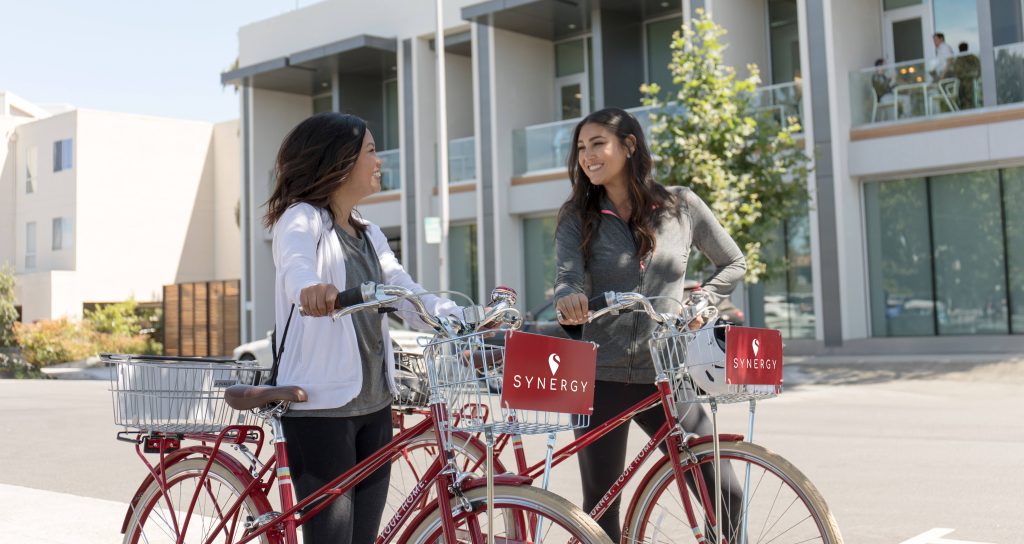
Partnering with a global corporate housing provider can offer overall cost savings and added value. By tapping into a broader client base beyond your own purchasing needs, you can gain the leverage necessary to secure better pricing and favorable terms. A global provider can obtain advantageous lease terms typical of longer contracts by combining your stays with those of other clients in their portfolio. This strategy allows you to benefit from the perks of long-term leases without the need for a direct commitment to such contracts.
Harness Synergy’s Global Expertise
Synergy’s global expertise offers you consulting and advice from a partner who truly understands your strategy and priorities. With our extensive corporate travel and global mobility experience, we can provide you with tailored best practice suggestions, saving you the effort and time spent on research and administration to find the perfect solution.
Our team of experts on the ground provides valuable insights into the specific areas you need, alongside strategic consultation. They stay current with market changes in real time and can help you forecast and adapt, ensuring your program is future-proof.
Contact your Synergy team today to find out how we can help you add value without compromise.

